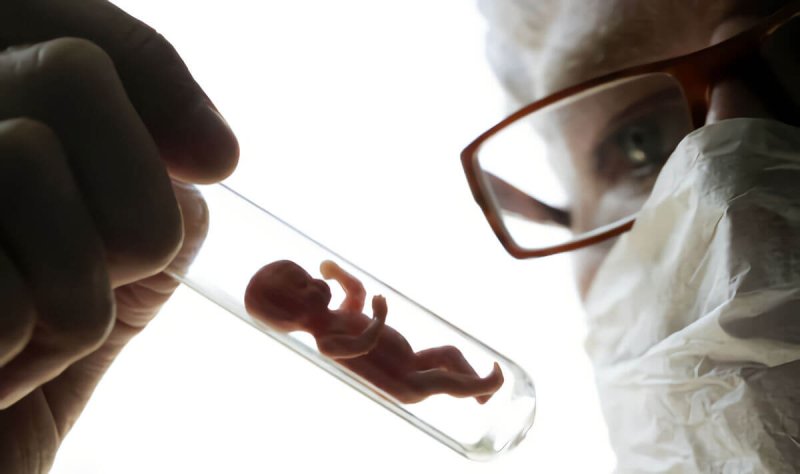The perennial debate on human enhancement was recently reignited with a new controversy over the use of pre-implantation screening of embryos using polygenic risk scores.
While the profiling of IVF embryos to detect hereditary, monogenetic diseases has been widely accepted, some companies are now pushing the envelope with unrealistic promises of tests that can predict genetic possibilities for desirable traits such as a child’s intelligence, athletic ability, and physical appearance.
One event that prompted a public outcry in late 2021 was news about the birth of the first baby from an embryo selected through polygenic testing, a girl named Aurea.
Although the embryo screening in Aurea’s case was used to decrease the likelihood for certain health conditions, many commentators believed that it signaled a real possibility of embryo selection for non-medical reasons becoming a commercial procedure in the foreseeable future, especially in the largely unregulated US fertility market.
In September 2021, Bloomberg first reported the birth of baby Aurea using screening conducted by Genomic Prediction.
She was born after her parents used IVF and subsequently PES to select from 33 candidate pre-implantation embryos in 2020.
Aurea’s embryo was deemed to have the best genetic odds of avoiding conditions such as breast cancer, diabetes, heart disease, and schizophrenia in adulthood.
It is worth noting that Genomic Prediction made the announcement almost one year following Aurea’s birth, thus delaying the media’s reaction to this development and the ensuing bioethical and policy debates.
…
On a societal level, there are concerns PES may alter social perceptions of what is “normal” and “healthy,” resulting in discrimination and stigmatization of certain conditions.
Related to this are fears about encouraging eugenic attitudes that can exacerbate discrimination against people with disabilities.
Furthermore, one of the main ethical concerns raised is that the growing use of PES might exacerbate societal pressure to use this technology, influencing parents’ decisions to select the embryo with the “best” genetics giving rise to a generation of “designer babies.”
…
Although the critical nature of media discourse can contribute to raising public awareness about the ethical acceptability of the technology, bioethicists should also examine the effect of economic forces and societal pressures to have a perfect child that may be driving prospective parents to seek such unproven genetic interventions.
PES is an emerging niche in a large, unregulated market for genetic testing services that has the potential to shape the future of reproductive medicine, and there is an urgent need for a policy debate on how it can be developed responsibly and ethically.































